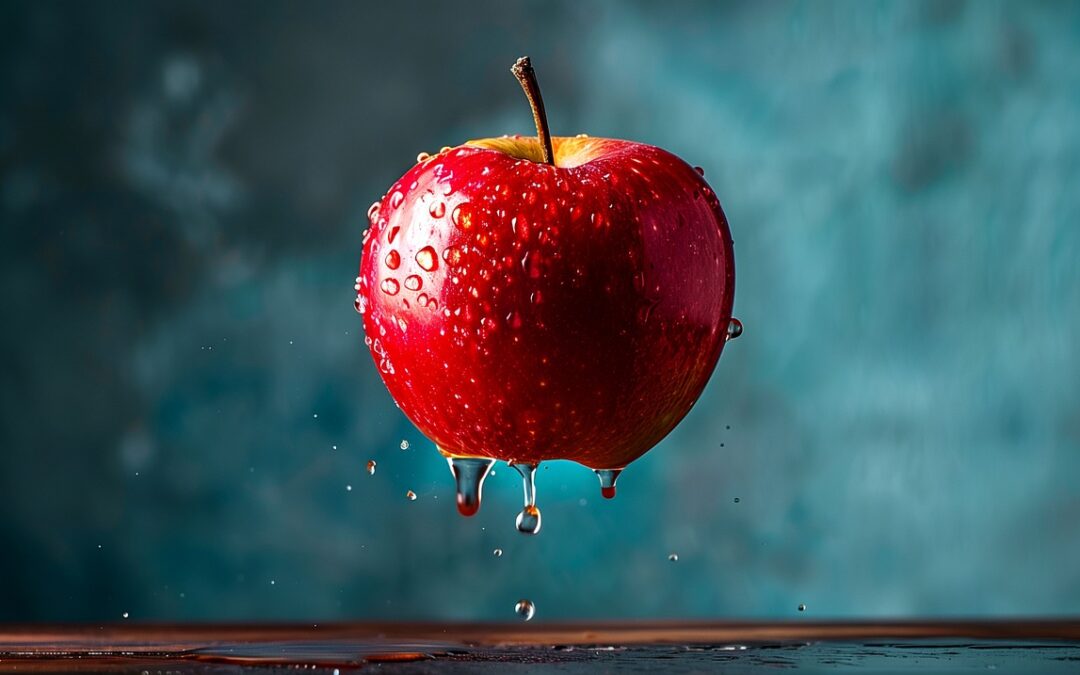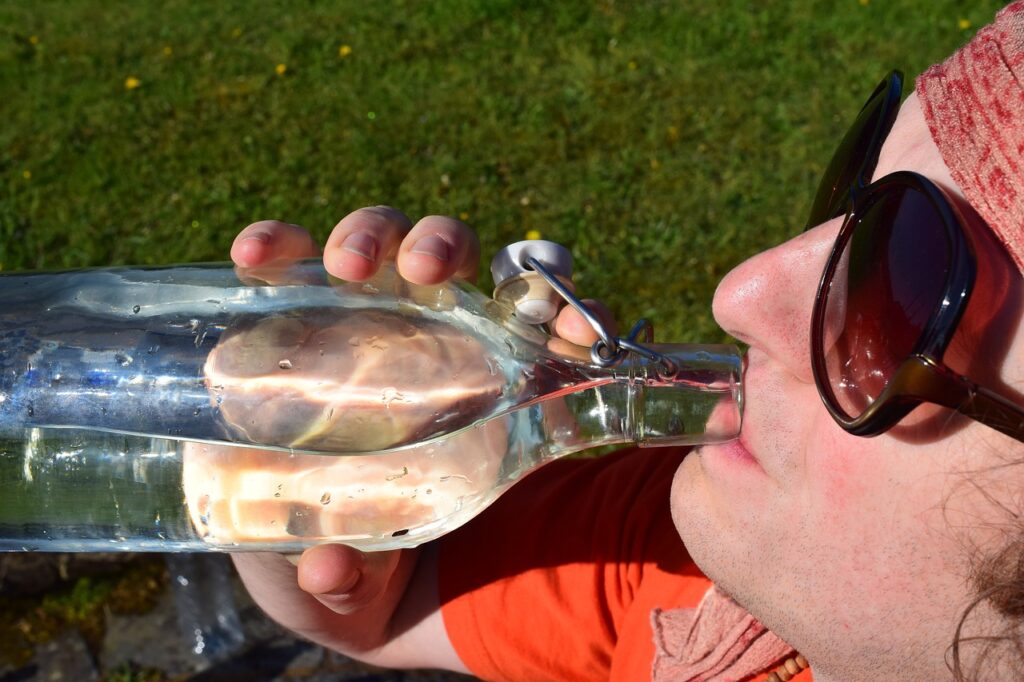75% of Americans are chronically dehydrated. This statistic highlights a widespread issue where a significant portion of the population does not consume enough water daily to maintain optimal hydration levels.
The average American drinks only 2.5 cups of water per day, far below the recommended 8 cups (64 ounces) of water intake.
Hydration is a crucial aspect of maintaining overall health and wellness. Despite this, there is often confusion about how much water one should drink daily. While common advice often suggests a standard intake, individual needs can vary significantly. This blog aims to demystify ‘how much water am I supposed to drink a day’ and delve into the nuances of true hydration, including intracellular hydration, and the potential pitfalls of overhydration.
JUMP TO…
How Much Water Am I Supposed to Drink a Day?
The Role of Intracellular Hydration
Optimizing Intracellular Hydration for True Hydration
Why Drinking Tons of Water Isn’t Always Effective
Health Issues Improved by Proper Hydration
Practical Tips for Maintaining Optimal Hydration
8 minute read
How Much Water Am I Supposed to Drink a Day?
Determining the right amount of water to drink daily can be influenced by several factors. The widely known “8×8 rule” suggests drinking eight 8-ounce glasses of water a day, totaling about 2 liters or half a gallon. This is a good starting point but may not be sufficient for everyone.
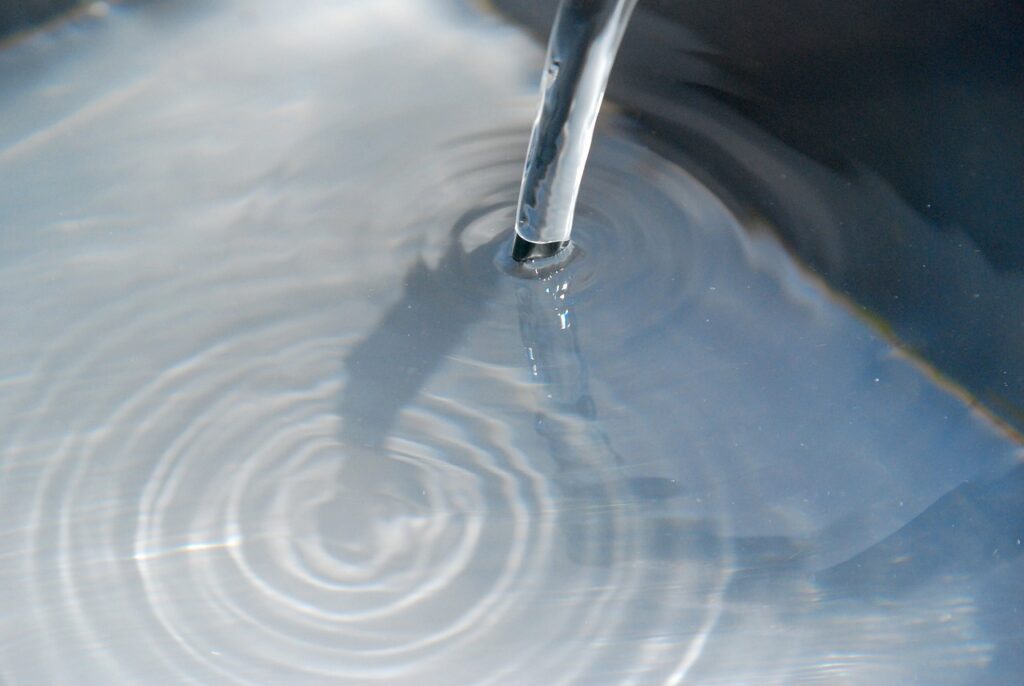
Individual Factors:
-
- Age: Children and older adults have different hydration needs compared to young and middle-aged adults.
- Sex: Men typically require more water than women due to higher muscle mass and metabolic rates.
- Physical Activity Level: Active individuals, especially athletes, need more water to compensate for fluid loss through sweat.
- Climate and Environment: Hot and humid climates increase the body’s need for water.
- Health Conditions: Conditions like diabetes, kidney stones, and infections can affect hydration needs.
Calculating Specific Needs:
-
- Weight-Based Formulas: A common formula is to drink half your body weight in ounces of water. For example, a 150-pound person should aim for 75 ounces of water daily.
- Urine Color: A practical way to monitor hydration is by checking the color of your urine. Pale yellow indicates proper hydration, while dark yellow suggests the need for more fluids.
The Role of Intracellular Hydration
Understanding the difference between intracellular and extracellular hydration is key to true hydration.
Intracellular Hydration
Refers to water inside the cells, crucial for cellular function, nutrient transport, and waste removal.
Extracellular Hydration
Refers to water outside the cells, including blood plasma and interstitial fluid.
Importance of Intracellular Hydration:
Proper intracellular hydration ensures that cells function optimally, supporting overall health, energy levels, and metabolic processes. Poor intracellular hydration can lead to symptoms like fatigue, muscle cramps, and impaired cognitive function.
Optimizing Intracellular Hydration for True Hydration
To achieve optimal hydration, focus on enhancing intracellular hydration through balanced electrolyte intake and dietary choices.
Balanced Electrolyte Intake: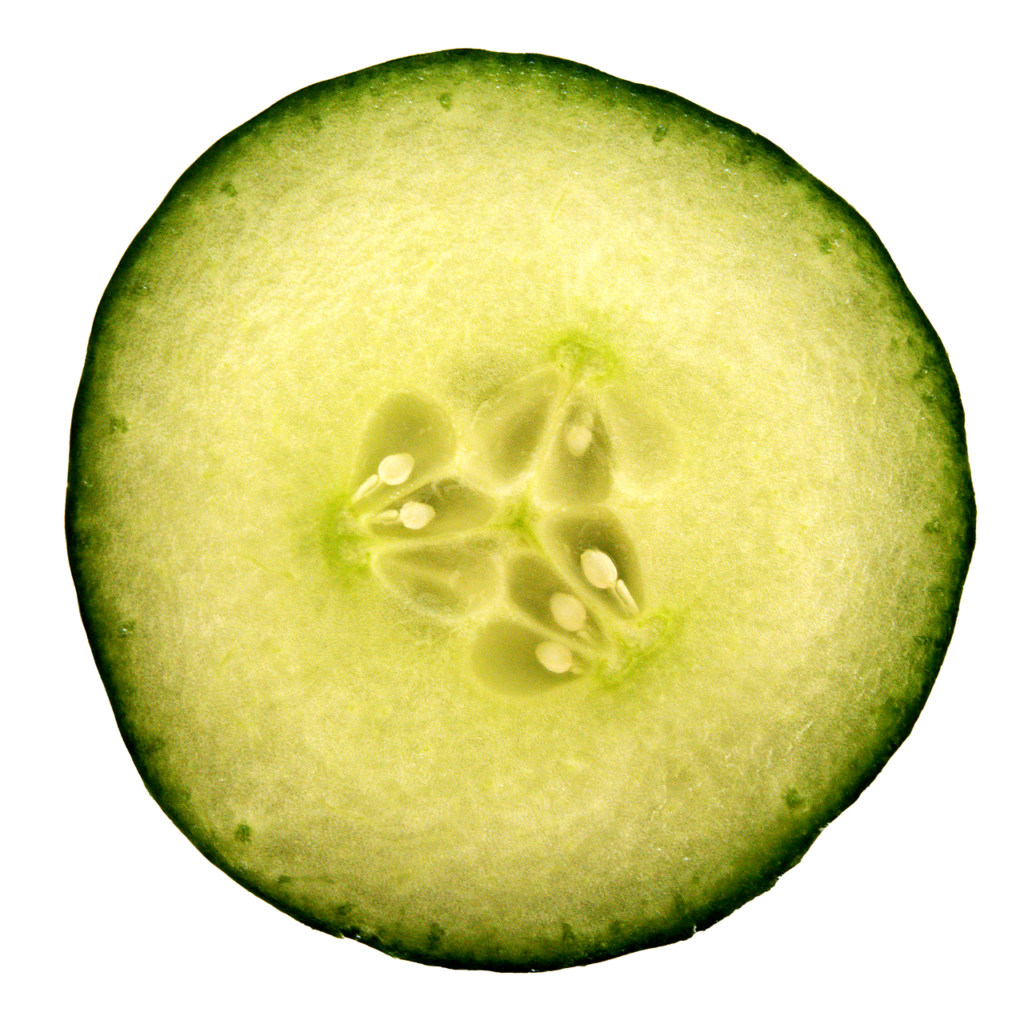
Key Electrolytes: Sodium, potassium, and magnesium play crucial roles in maintaining fluid balance and cellular function.
Sources of Electrolytes: Include foods like bananas, avocados, leafy greens, nuts, and seeds.
Hydration Through Foods:
Water-Rich Foods: Fruits like watermelon, oranges, and strawberries, and vegetables like cucumbers and lettuce, provide water and essential nutrients.
Nutrient-Dense Options: Foods high in vitamins and minerals support better hydration and overall health.
Tips for Enhancing Intracellular Hydration:
Drink Mineral-Rich Water: Choose natural mineral waters or add electrolyte tablets to your water.
Consider Electrolyte Supplements: If needed, especially after intense exercise or in hot climates.
Avoid Diuretics: Limit intake of substances that increase urine production, such as caffeine and alcohol.
Why Drinking Tons of Water Isn’t Always Effective
Excessive water intake can sometimes be counterproductive and even harmful.
Risks of Overhydration
Hyponatremia is a condition where sodium levels in the blood become dangerously low, leading to symptoms like headache, nausea, and in severe cases, seizures.
Water Intoxication is when drinking too much water in a short period can overwhelm the kidneys, diluting blood sodium levels and potentially causing life-threatening complications.
How Excessive Water Intake Can Lead to Dehydration:
- Dilution of Electrolytes: Overhydration can dilute essential electrolytes, impairing cellular function and hydration.
- Increased Urination: Excessive water intake leads to frequent urination, causing loss of minerals and electrolytes needed for proper hydration.
Balanced Approach to Hydration
Listen to your body and pay attention to thirst signals and adjust intake based on activity level and environmental conditions.
Combine water with electrolytes to ensure a balance of water and electrolytes to maintain optimal hydration.
Health Issues Improved by Proper Hydration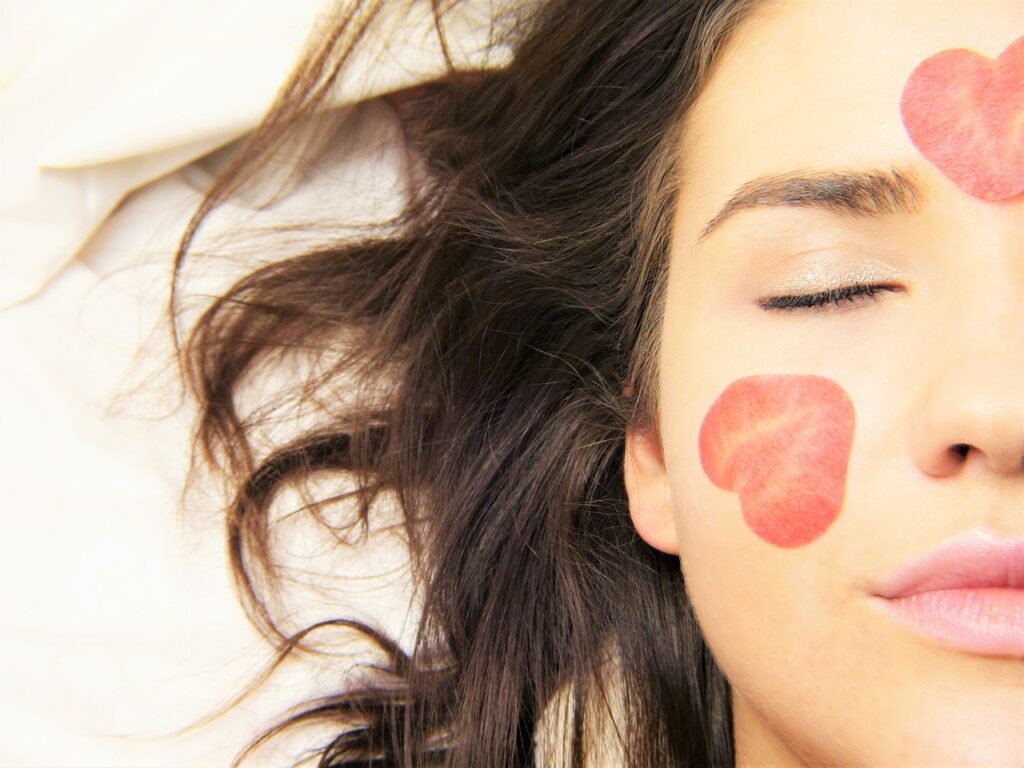
Staying hydrated can have a profound impact on various aspects of health beyond just quenching thirst.
- Reducing Blood Sugar Levels: Adequate hydration helps the kidneys flush out excess sugar through urine, assisting in maintaining stable blood sugar levels.
- Supporting Digestive Health: Water aids in digestion by helping to break down food, absorb nutrients, and prevent constipation.
- Enhancing Skin Health: Proper hydration keeps the skin moisturized and can improve skin elasticity and reduce signs of aging.
- Boosting Kidney Function: Staying hydrated helps the kidneys filter waste more effectively, reducing the risk of kidney stones and urinary tract infections.
- Improving Joint Health: Water is essential for maintaining the lubrication and cushioning of joints, which can reduce pain and improve mobility.
Practical Tips for Maintaining Optimal Hydration
1. Set reminders to drink water throughout the day, especially during and after physical activities.
2. Incorporate water-rich foods into your meals and opt for hydrating snacks like fruits and vegetables.
3. Regularly check the color of your urine to gauge hydration levels.
4. Consider using hydration tracking apps to monitor your daily intake and ensure consistency.
Takeaway
Proper hydration is more than just drinking water; it involves maintaining a balance of fluids and electrolytes to support overall health and well-being. By understanding your specific hydration needs and focusing on intracellular hydration, you can optimize your daily water intake and avoid the pitfalls of overhydration. Remember to consider factors such as age, sex, physical activity level, and climate when determining how much water am I supposed to drink a day.
Calculate your daily water needs using the guidelines provided and start tracking your intake. Pay attention to signs of proper hydration and adjust your habits accordingly. If you continue to struggle with hydration, consider consulting a healthcare provider for a personalized plan tailored to your individual needs and health goals.
By understanding “how much water am I supposed to drink a day” and optimizing your hydration strategy, you can achieve better health and well-being.

